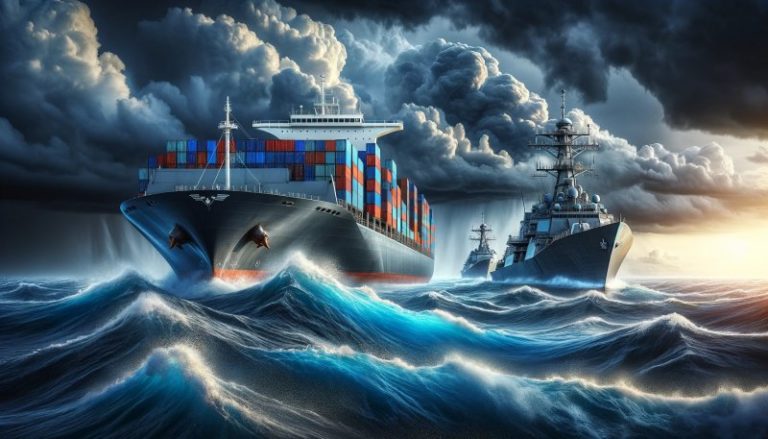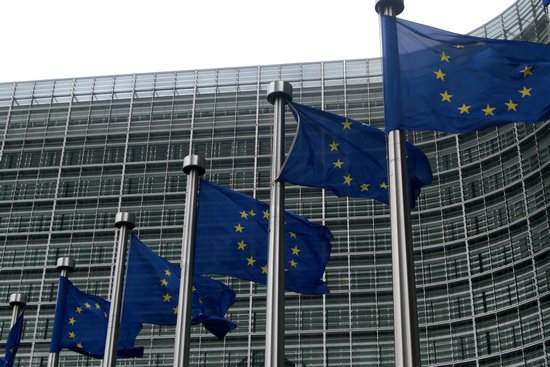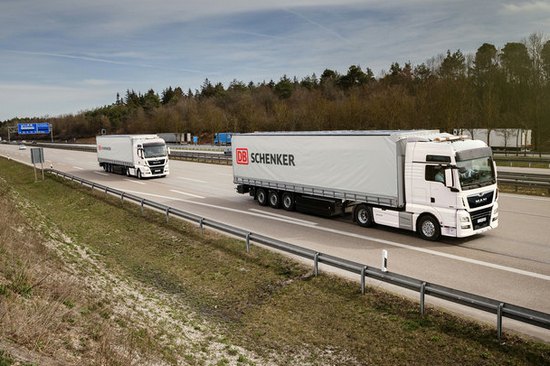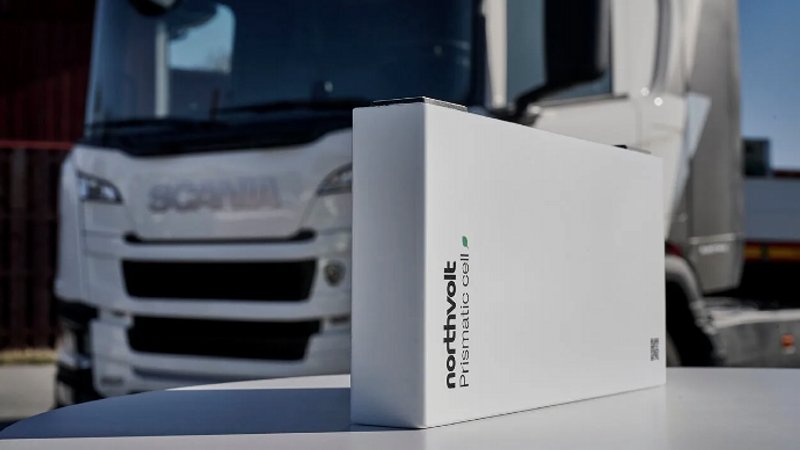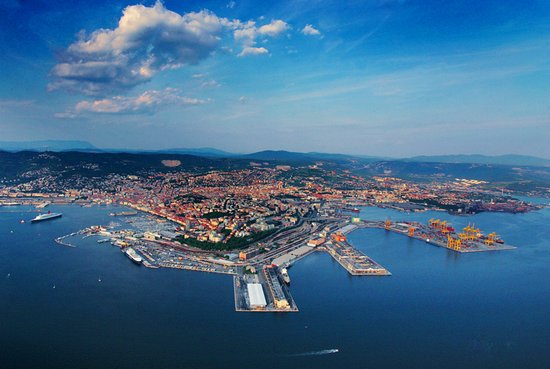On January 11, 2024, the United States and Britain struck over sixty Houthi targets in Yemen, aiming to halt missile and drone attacks on ships passing the Yemeni coasts en route to the Suez Canal. However, analysts at Xeneta believe that this action will not provide a short-term solution, and is instead escalating tensions across the region.
Peter Sand, Chief Analyst at Xeneta, states, “There is never a straight line towards resolution, and perhaps the missile strikes in Yemen by the United States and United Kingdom mark the beginning of the final phase of this crisis. But, in the short term, things will worsen before improving for maritime supply chains". In an apparent response to these attacks, the Houthis declared on January 12 that they will not halt their assaults, planning new ones instead. To demonstrate this, they launched a missile at a ship, which fell into the sea without causing damage.
Xeneta predicts that “freight rates from the Far East to the Mediterranean and Northern Europe are set to increase by 200% from mid-December in the next seven days.” Sand adds that the longer this crisis lasts, the greater the disruption it will cause to global maritime freight, with continuing cost increases. “This means goods are delayed or not arriving at all, and prices increase for the end consumer,” he concludes.
Meanwhile, the Red Sea crisis is already causing disruptions to European industrial production. On January 12, Tesla announced it will suspend production of its electric cars in Germany from January 29 to February 11 due to a lack of components from Asia. The company explains, “The prolonged transit times are creating gaps in the supply chain.”












